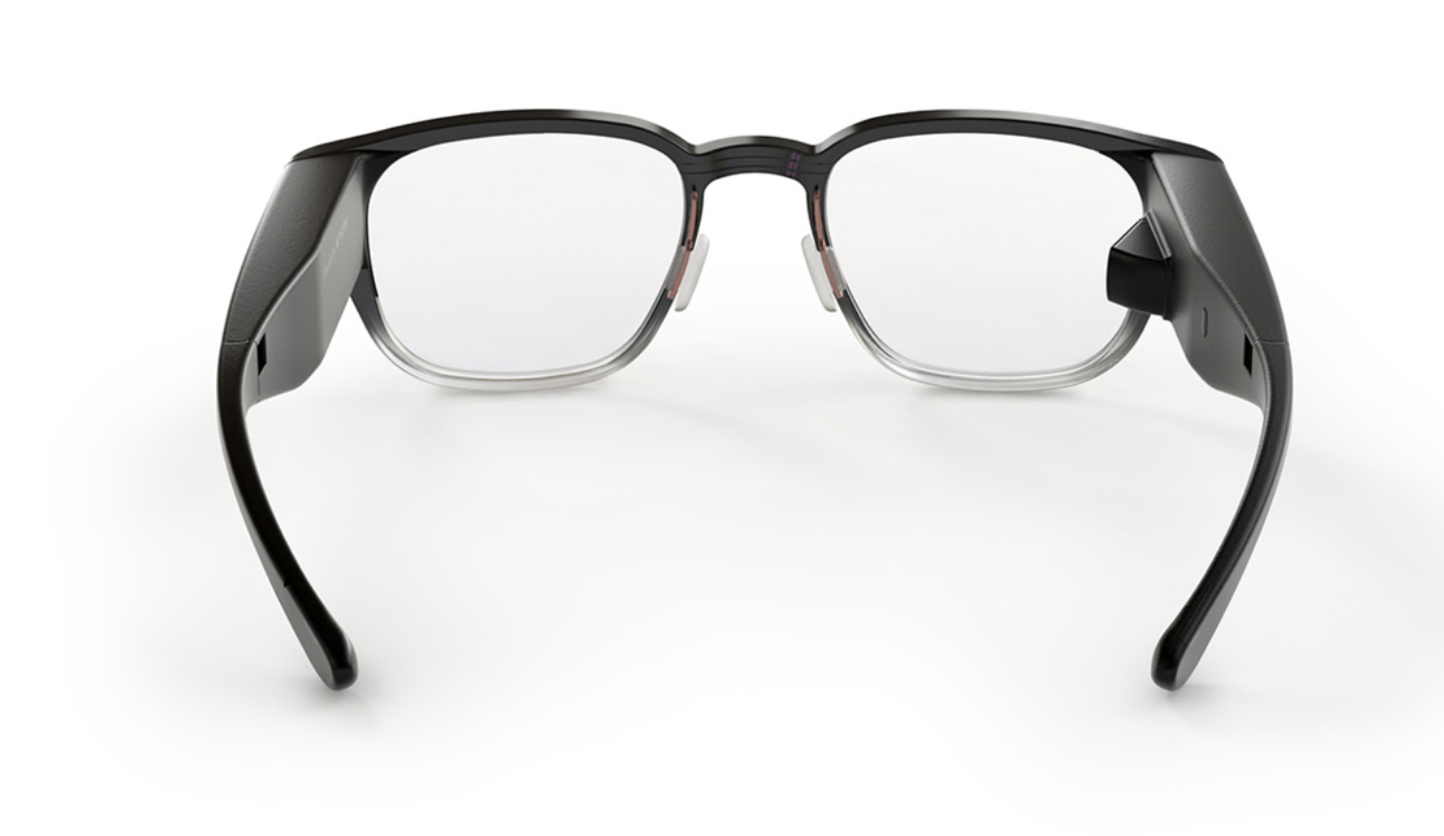Smart glasses maker North announced today that it will be ending production of its first-generation Focals glasses, which it brought to market for consumers last year. The company says it will instead shift its focus to Focals 2.0, a next-generation version of the product, which it says will ship starting in 2020.
Focals are North’s first product since rebranding the company from Thalmic Labs and pivoting from building smart gesture control hardware to glasses with a built-in heads-up display and smartphone connectivity. CEO and founder Stephen Lake told me in a prior interview that the company realized in developing its Myo gesture control armband that it was actually more pressing to develop the next major shift in computing platform before tackling interface devices for said platforms, hence the switch.
Focals 2.0 will be “at a completely different level” and “the most advanced smart glasses ever made,” Lake said in a press release announcing the new generation device. In terms of how exactly it’ll improve on the original, North isn’t sharing much but it has said that its made the 2.0 version both lighter and “sleeker,” and that it’ll offer a much sharper, “10x improved” built-in display.
North began selling its Focals smart glasses via physical showrooms that it opened first in Brooklyn and Toronto. These, in addition to a number of pop-up showroom locations that toured across North America, provided in-person try-ons and fittings for the smart glasses, which must be tailor-fit for individual users in order to properly display content from their supported applications. More recently, North also added a Showroom app for iOS devices, that included custom sizing powered by more recent iPhone front-facing depth sensing camera hardware.
To date, North hasn’t revealed any sales figures for its initial Focals device, but the company did reduce the price of the glasses form $999 to just under $600 (without prescription) relatively soon after launch. Their cost, combined with the requirement for an in-person fitting prior to purchase (until the introduction of the Showroom app) and certain gaps in the product feature set like an inability to support iMessage on iOS natively, all point to initial sales being relatively low volume, however.
To North’s credit, Focals are the first smart glasses hardware that manage to have a relatively inconspicuous look. Despite somewhat thicker than average arms on either side where the battery, projection and computing components are housed, Focals resemble thick acrylic plastic frames of the kind popularized by Warby Parker and other standard glasses makers.
With version 2.0, it sounds like Focals will be making even more progress in developing a design that hews closely to standard glasses. One of the issues also cited by some users with the first-generation product was a relatively fuzzy image produced by the built-in projector, which required specific calibration to remain in focus, and it sounds like they’re addressing that, too.
The Focals successor will still have an uphill battle when it comes to achieving mass appeal, however. It’s unlikely that cost will be significantly reduced, though any progress it can make on that front will definitely help. And it still either requires non-glasses wearers to opt for regularly donning specs, or for standard glasses wearers to be within the acceptable prescription range supported by the hardware, and to be willing to spend a bit more for connected glasses features.
The company says the reason it’s ending Focals 1.0 production is to focus on the 2.0 rollout, but it’s not a great sign that there will be a pause in between the two generations in terms of availability. Through its two iterations as a company, Thalmic Labs and now North have not had the best track record in terms of developing hardware that has been a success with potential customers – Focals 2.0, whenever they do arrive, will have a lot to prove in terms of iterating enough to drive significant demand.
from TechCrunch https://ift.tt/2RDjP2t
via IFTTT


Post a Comment